Cultural Holiday
Events
-
-
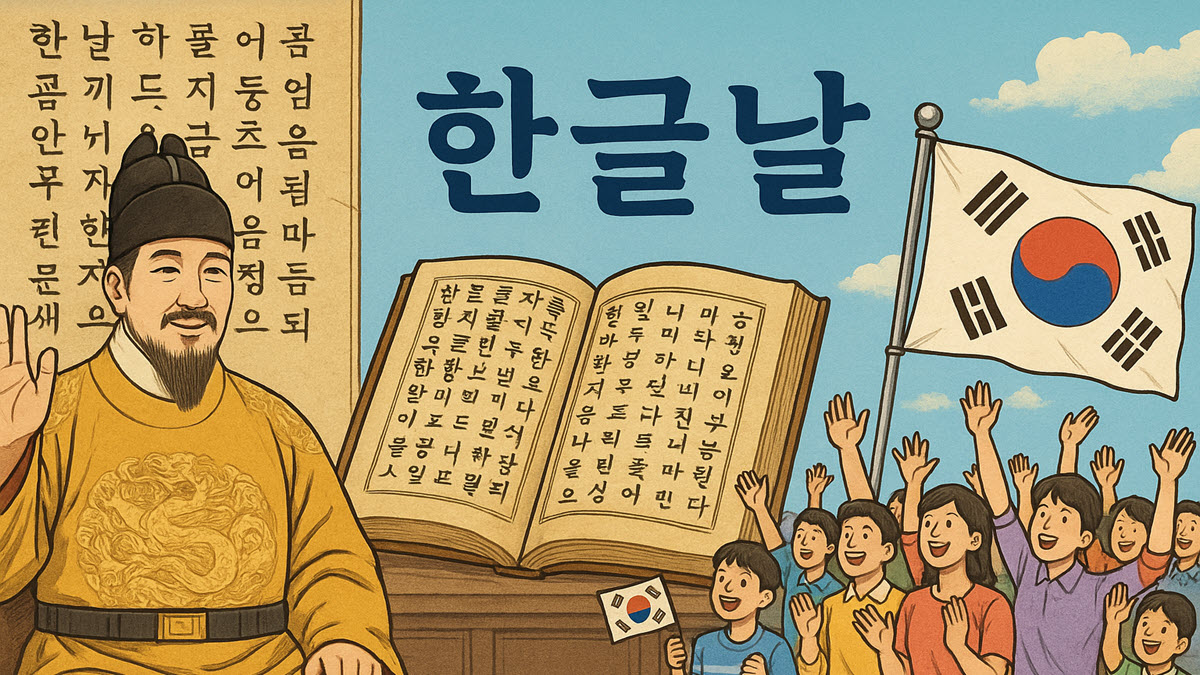
Hangul Day
Hangul Day celebrates the creation of the Korean alphabet by King Sejong in the 15th century. First commemorated in 1926 under colonial rule, it became a legal holiday in 1949. Today, it remains a powerful symbol of Korean identity, literacy, and cultural pride.
-

Heritage Day (South Africa)
Heritage Day in South Africa is a public holiday for South Africans to celebrate their diverse cultural heritage, traditions, and languages, while also promoting unity as a nation.
-
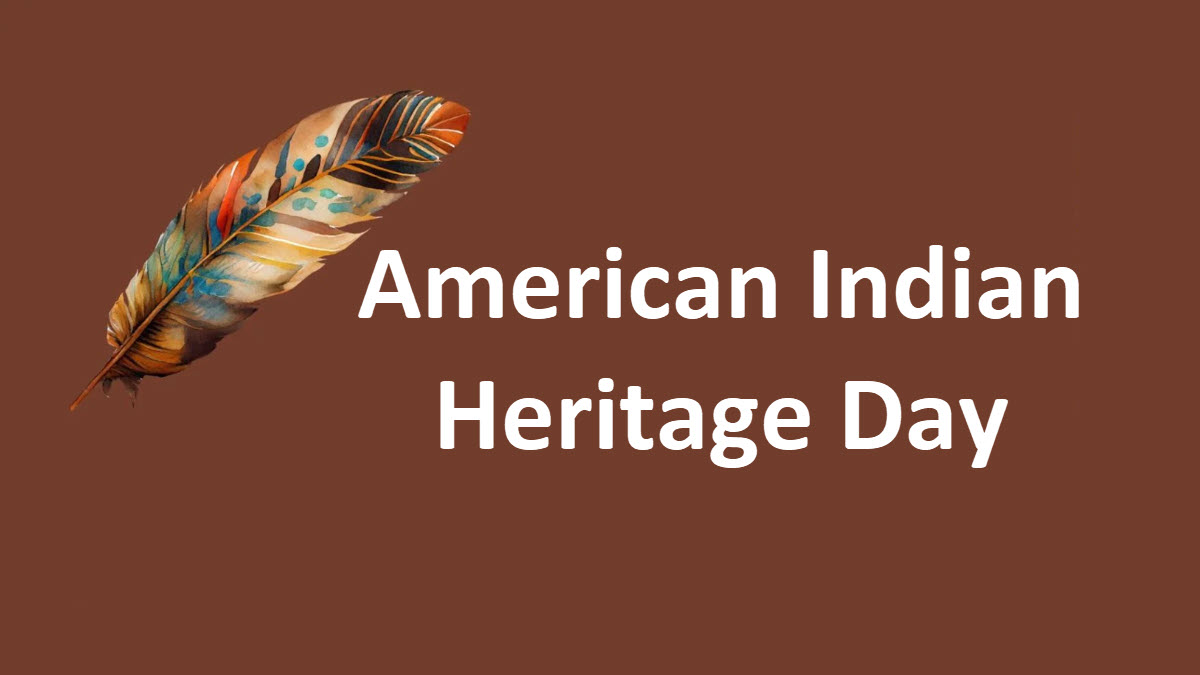
American Indian Heritage Day in Montana
American Indian Heritage Day is a celebration that honors the rich cultures, traditions, histories, and contributions of Native American peoples in the United States.
-
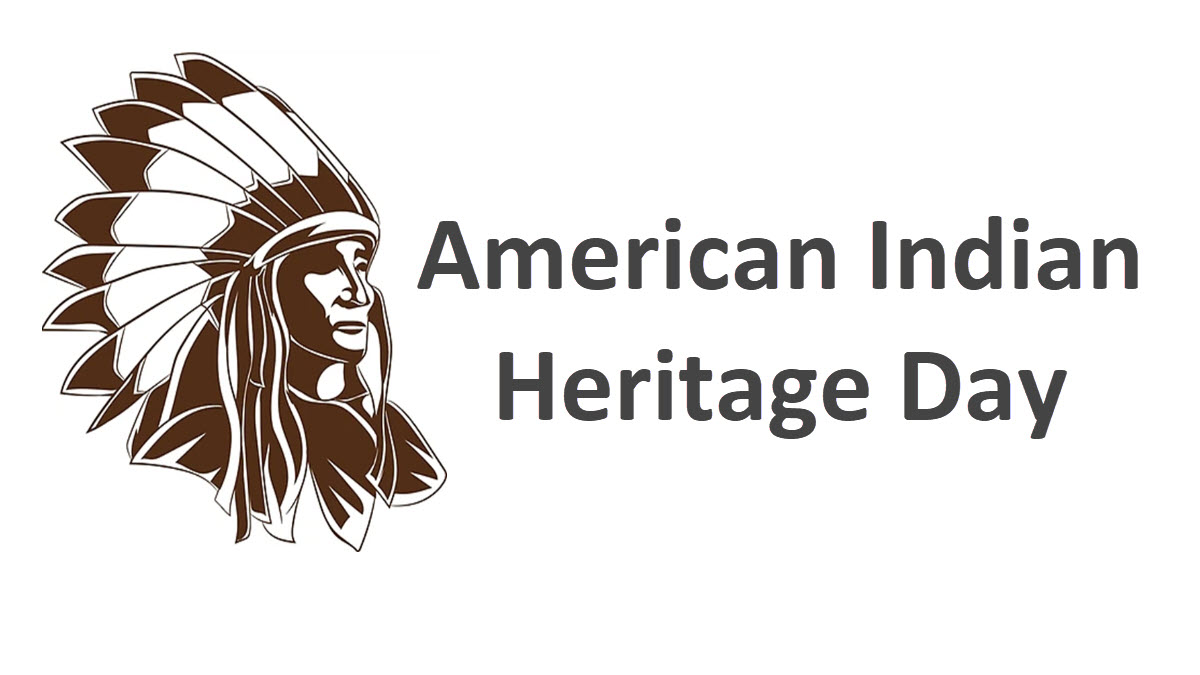
American Indian Heritage Day in Texas
American Indian Heritage Day is a celebration that honors the rich cultures, traditions, histories, and contributions of Native American peoples in the United States. It is an important day to recognize the resilience, diversity, and achievements of Indigenous communities while raising awareness about the challenges they have faced and continue to confront.
-
-
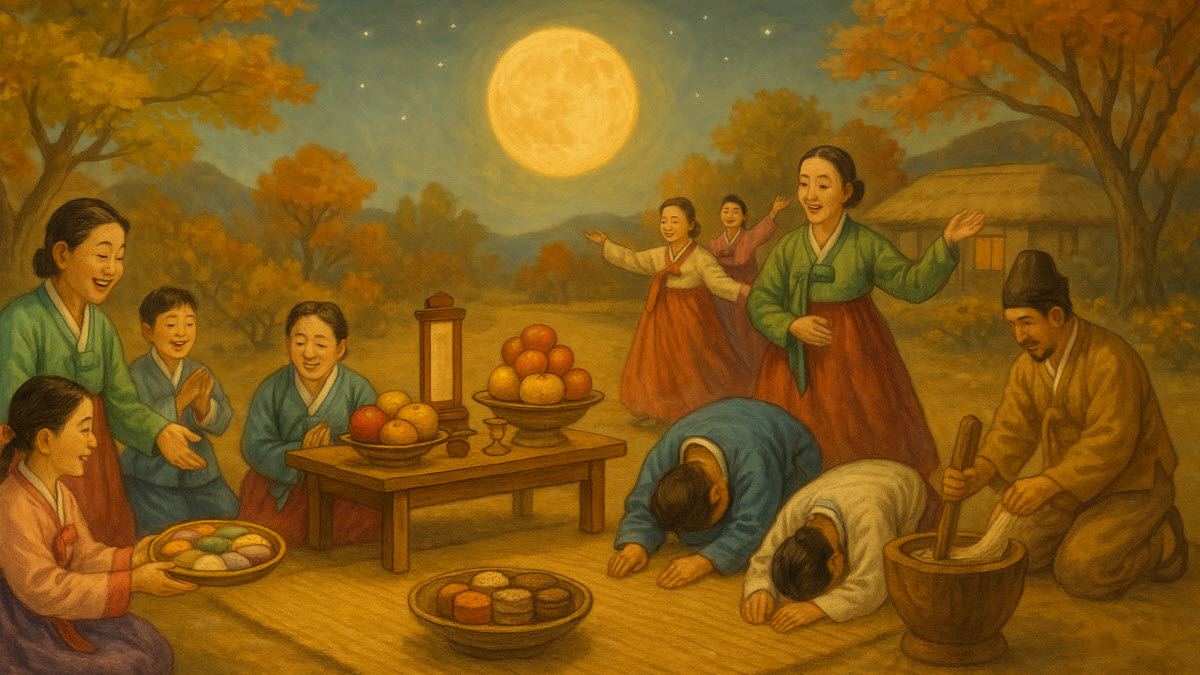
Chuseok
Chuseok is Korea’s harvest festival and ancestral holiday, celebrated on the 15th day of the 8th lunar month. Families honor their ancestors, share food like songpyeon, play traditional games, and reunite, making it one of the most cherished holidays in Korean culture.
-
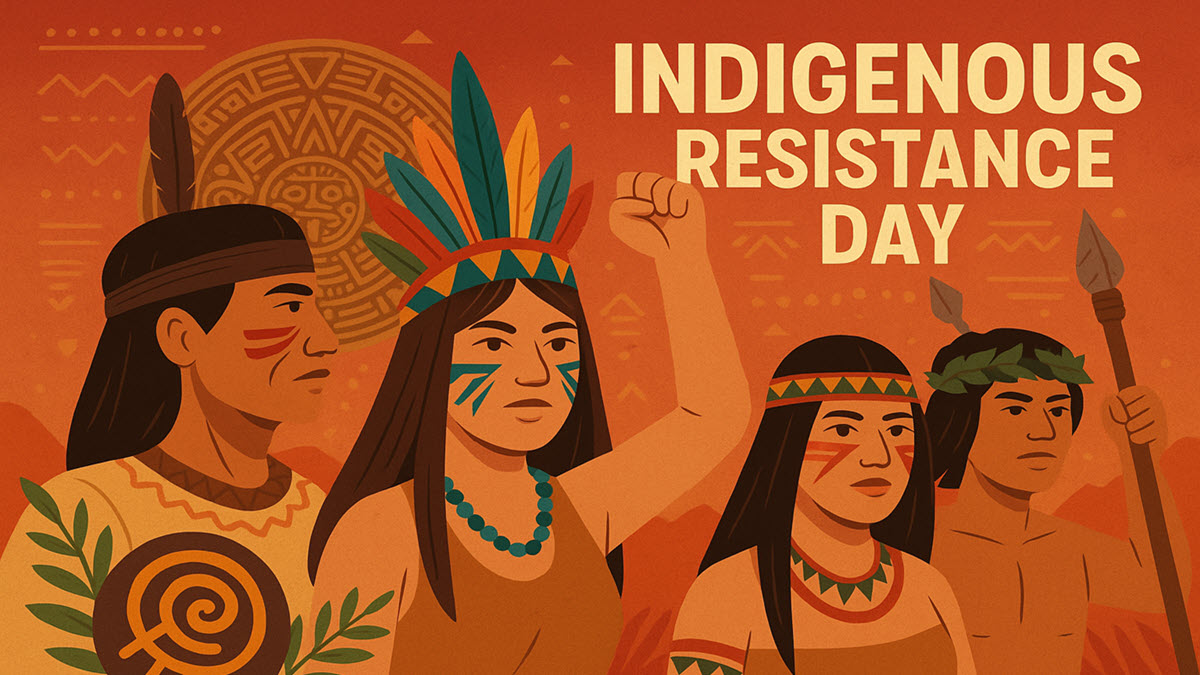
Indigenous Resistance Day
Indigenous Resistance Day (Día de la Resistencia Indígena) is a national public holiday in Venezuela. It commemorates the struggles and resilience of Indigenous peoples against European colonization, particularly following the arrival of Christopher Columbus in 1492.
-
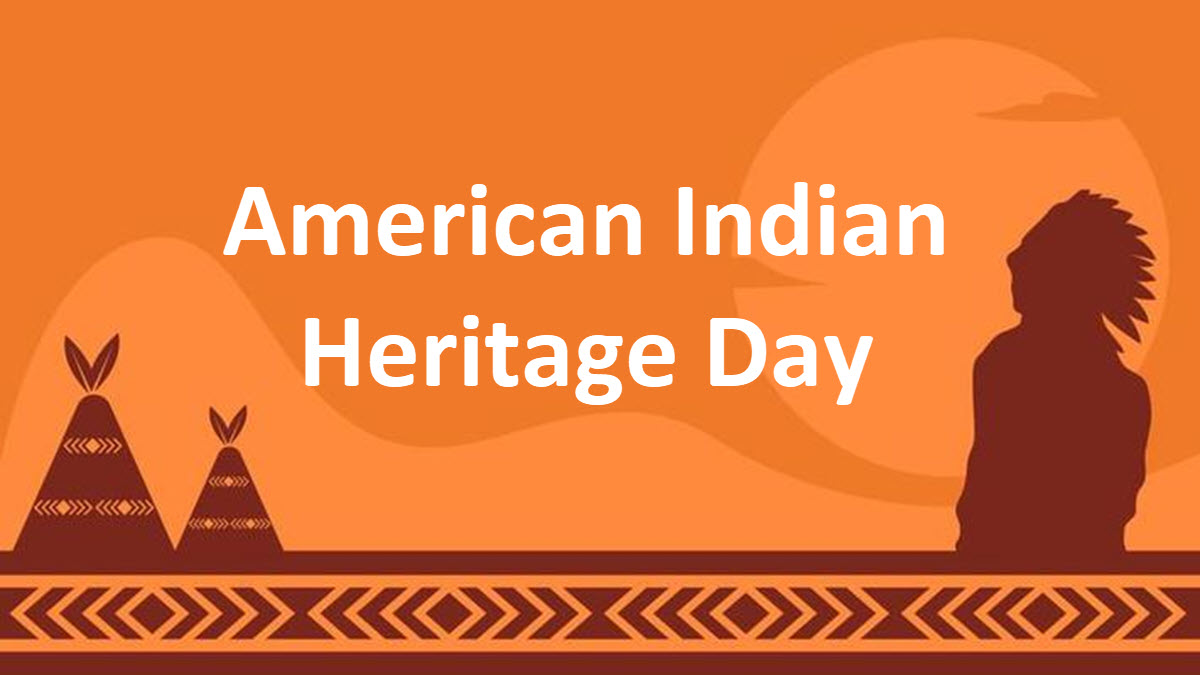
American Indian Heritage Day in Alabama
American Indian Heritage Day is a celebration that honors the rich cultures, traditions, histories, and contributions of Native American peoples in the United States.
-
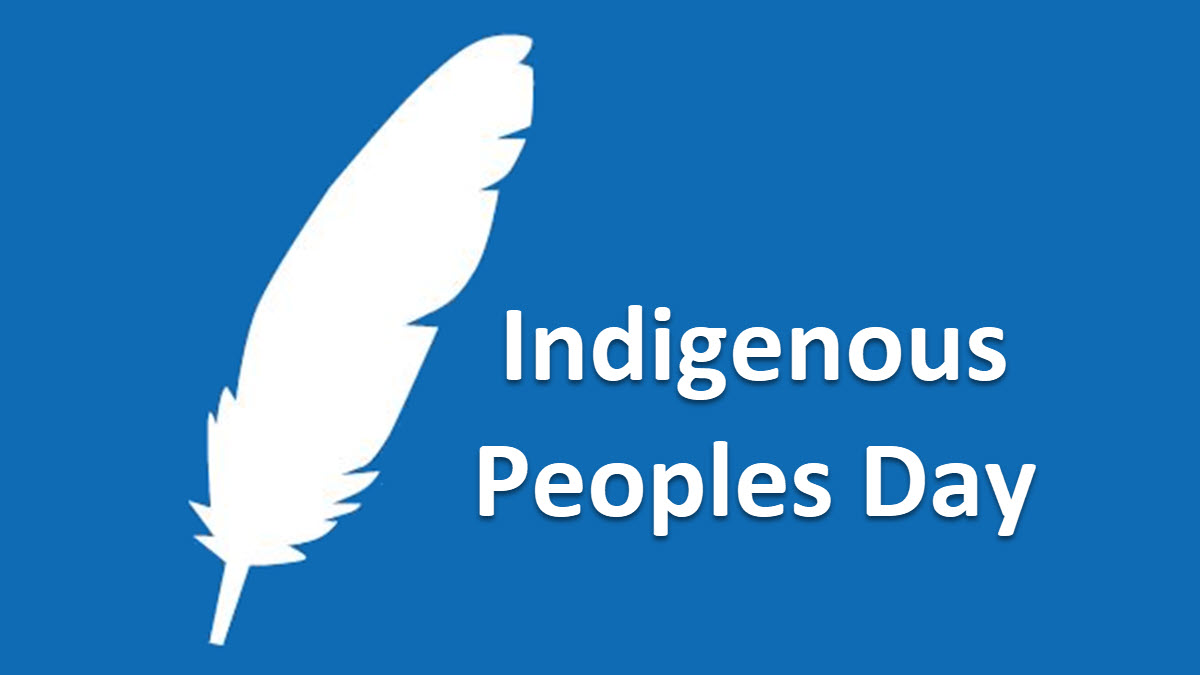
Indigenous Peoples' Day in Maine
Indigenous Peoples' Day is a celebration that honors the rich cultures, traditions, histories, and contributions of Native American peoples in the United States.
-
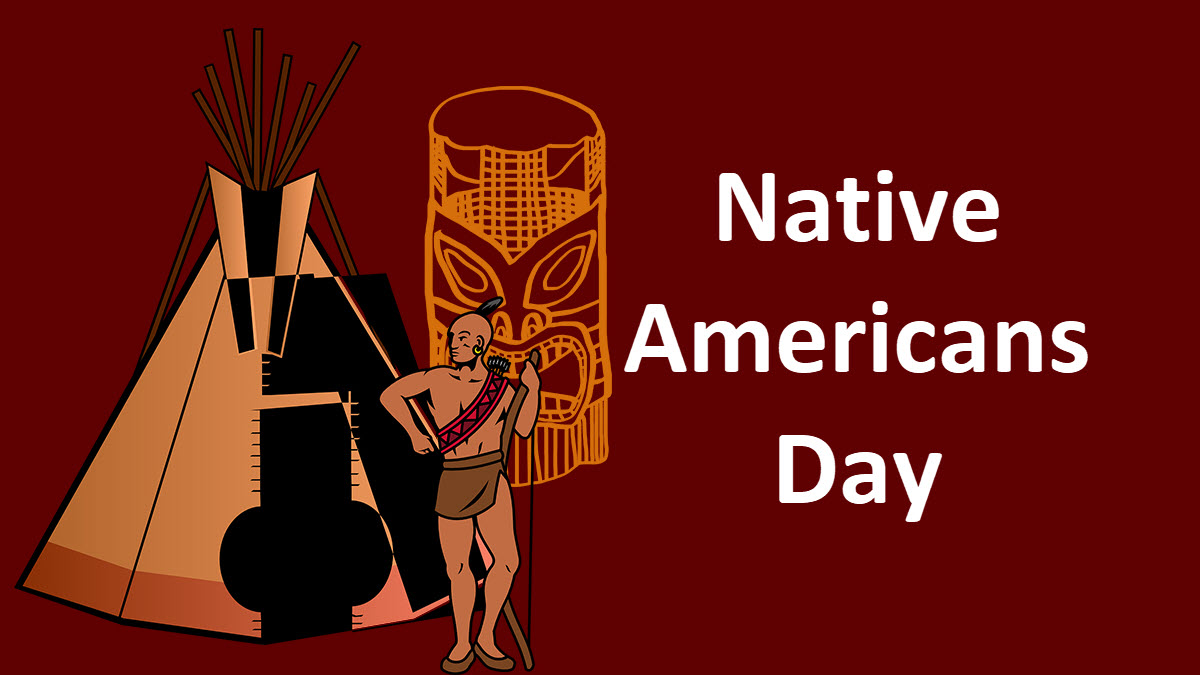
Native Americans Day in South Dakota
Native Americans Day is a celebration that honors the rich cultures, traditions, histories, and contributions of Native American peoples in the United States.
-
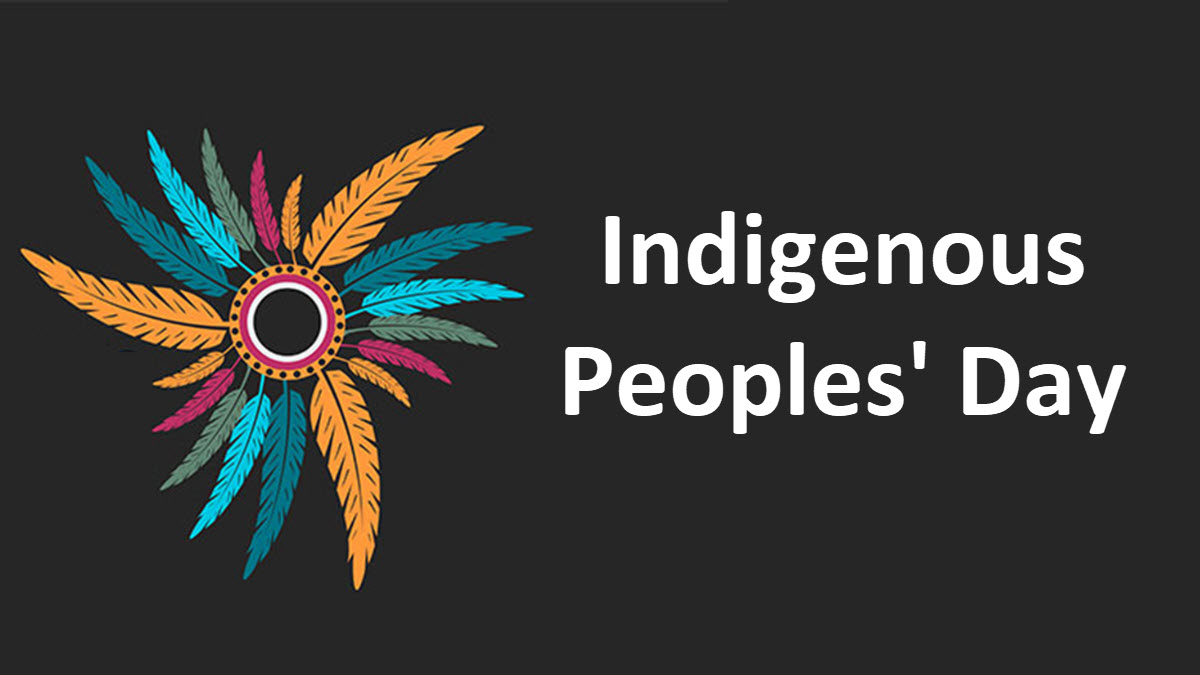
Indigenous Peoples' Day
Indigenous Peoples' Day is a celebration that honors the rich cultures, traditions, histories, and contributions of Native American peoples in the United States.
-
National Heritage Day
National Heritage Day in the Turks and Caicos Islands (TCI) celebrates the islands’ cultural traditions, historical legacy, and community identity, with a strong emphasis on intergenerational knowledge, storytelling, and heritage preservation.
-
-

Tonga National Day
Tonga’s National Day, also historically known as Constitution Day, commemorates the promulgation of the Kingdom’s first Constitution by King George Tupou I on November 4, 1875, an event that transformed Tonga into one of the world’s earliest constitutional monarchies.